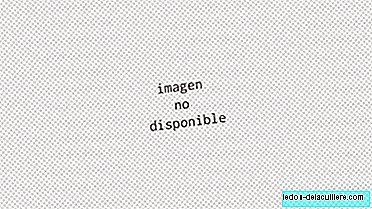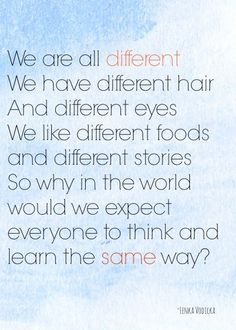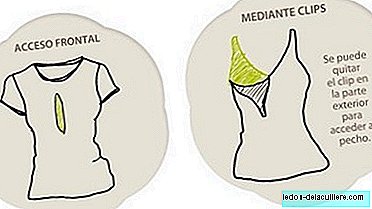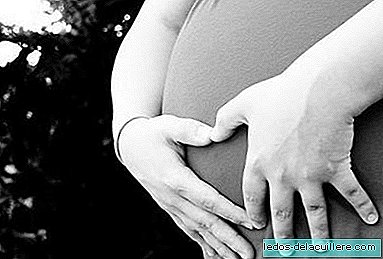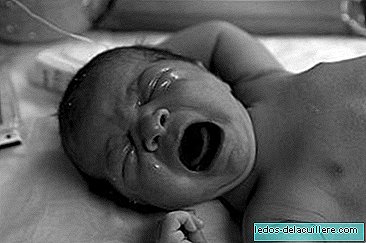
I return to this topic that MMar presented a couple of months ago with the post of Eduardo Punset's video to comment on it based on the transcript of the interview that we can see in the video.
In the documentary, Eduard Punset interviews Sue Gerhardt, a psychologist and writer, considered one of the greatest experts in his field of research.
The conclusions that are drawn are quite impressive and contradictory to most of the recommendations received daily by health professionals, psychology, behavioral professionals (read Ferber, Estivill, Jo Frost and others) and by popular wisdom, which in view of the comments in the Documentary is more popular than wisdom.
Documentary baby's brain
So you know what I'm talking about, I'll leave you with the documentary below. It is split into four videos, so when the first one ends you should leave the option to watch the second one, and so on:
The initial conclusion drawn from the comments made by Sue Gerhardt is that "you have to take care of babies", as "We (we) did not give enough importance". We heed the advice that encourages us to neglect the cries of babies, to make them wait for them to learn "that in life they will not have everything".
We do it thinking that we are educating them and doing good, creating a person with enough psychic strength to fight against the details of life, against the difficulties of adulthood.
The problem is that we are anticipating the facts and we are creating problems and dissatisfactions to some little people who are not prepared to manage and overcome them. In short, leaving a mark in this early childhood that "It is really the basis of mental health".
Babies are born with an immature brain due to space issues. If we wait longer for that brain to be fully mature, the babies' heads would not pass through the birth canal. That is why it must mature abroad, creating new connections and growing with the experiences we bring to them, and it also does "at the fastest growth rate you'll ever reach. Double your size!"
Among the many systems that develop from birth to two years are "The ones we use to manage our emotional life: the response to stress, for example." Therefore, since the brain is immature "The important thing is that the baby doesn't get too stressed. Babies can't handle excessive stress. They can't get rid of their own cortisol."
And what is that of cortisol?
Cortisol is a hormone that is secreted in stressful situations. For a person to be emotionally stable, they must have a balanced cortisol level. Babies do not know what to do with it, therefore, any amount of cortisol higher than they should have It is an excess of stress that they do not know.
The excess cortisol activates the tonsil of the brain, which is the organ responsible for controlling emotions, emitting an alarm signal that something is wrong.
If a child grows with a constantly high amount of cortisol, because they let him cry a lot or because he gets stressed easily, the tonsil ends up getting used to that leftover cortisol (something like when we hear a clock in a room and we just don't hear it) and stop emitting the alarm signal. In the absence of alarm the brain does not offer a management response to that stress and the individual does not know how to handle those situations that generate anxiety.
To give an example, the Incredible Hulk has a genetic mutation that attacks his tonsil and when strong emotions are triggered he transforms, because he doesn't know how to control it.
The problem is not only this, but it has been seen that people who grow up with elevated cortisol levels are so used to it that they often tend to look for situations that generate cortisol (stressful situations) to feel comfortable.
In the next few days I will publish a third post (you can read it here) about it with the rest of the conclusions.


